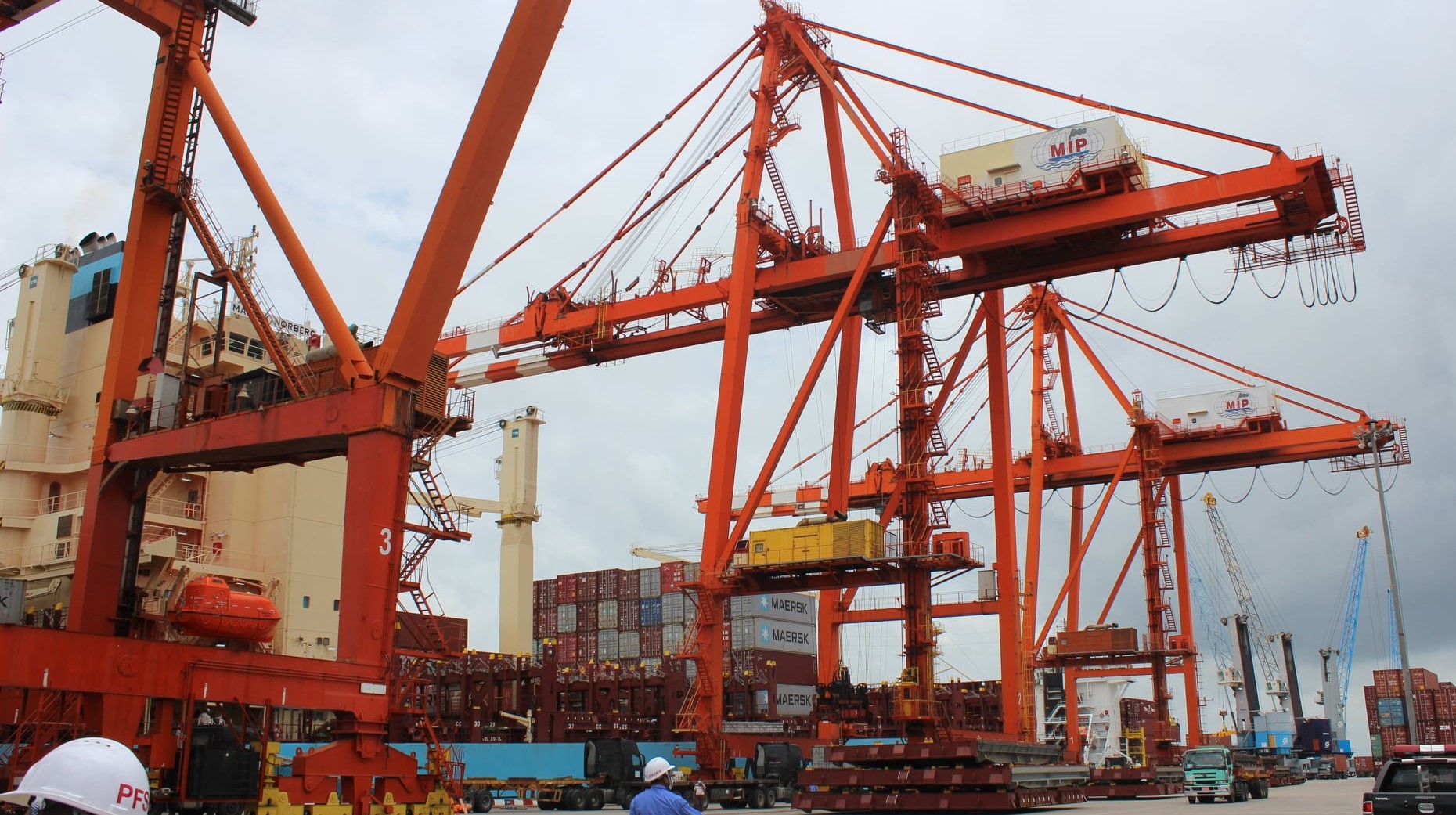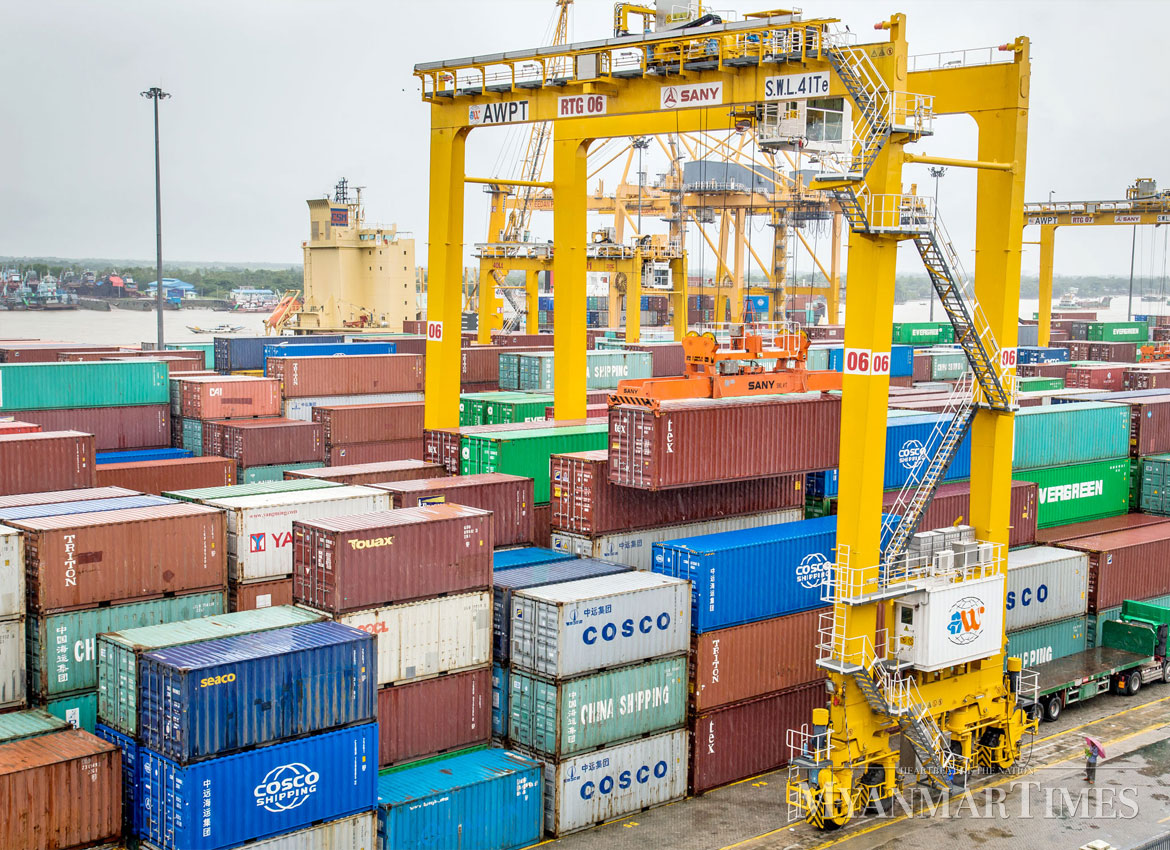CNI News
1 March 2024
Because the policy regarding export earnings gained from exporting rice, corn and rubber has been changed again, exporters are facing difficulties reportedly.
In the past, exporters were allowed to sell 70 percent of export earnings to the companies that import fuel and edible oil at the market price. Of the remaining 30 percent, 65 percent could be sold at the market price and 35 percent, at the price designated by the Central Bank of Myanmar.
Afte that, as a further amendment, in the second week of February, if exporters imported fuel and edible oil, 70 percent of the export earnings could be sold at the market price and the remaining 30 percent would compulsorily be sold at 2,100 kyats per dollar, the price designated by the Central Bank.
However, exporters must cancel the contracts with the companies that import fuel and edible oil and 70 percent of export earnings must be sold to the authorized dealer (“AD”) banks at 3,150 kyats per dollar. So, exporters lose 300 kyats per dollar, U Thant Zin Tun, vice chairman of Myanmar Corn Industrial Association (MCIA), told CNI News.

While seeing the exports
" Exporters have other difficulties such as renting a ship. But there are transportation difficulties now and some delays due to route security. We have bought the goods after calculating, depending on the prices designated. Because the policy has changed, it's like we have bought the goods at higher prices. We lose 100 to 300 kyats per dollar. But it' not been stable." he said.
The export earnings policy has often been changed since July, 2023 and the policy has been changed four times already. The policies regarding import and export need to be stable and only if the policy was stable for six months at least, would it be convenient for market negotiation and for benefits, pointed out traders.
Because traders have got less profits due to the policy that has been changed, domestic prices of rice, bean, corn and rubber will fall and it could adversely impact on farmers.

While seeing the exports
So, export policies needed to be stable and it was necessary so as not to have a wide gap when designating the foreign exchange rate, an official from Myanmar Rice and Paddy Traders Association, told CNI News.
" There are times when profits are high and times when they are low for exporters due to unstable export policy. We have to export regularly exported goods and compulsorily exported goods. Now the exporters suffer. But depending on the policy, sometimes traders tend to make a lot of profit. It is more convenient if there is no situation in which one side gains too much and the other loses." he said.
Although there are some losses for exporters due to the policy that was recently changed, importers of fuel and edible oil make a little profit. So, the government should make the policy stable and needs to regulate the foreign exchange market, pointed out traders.




